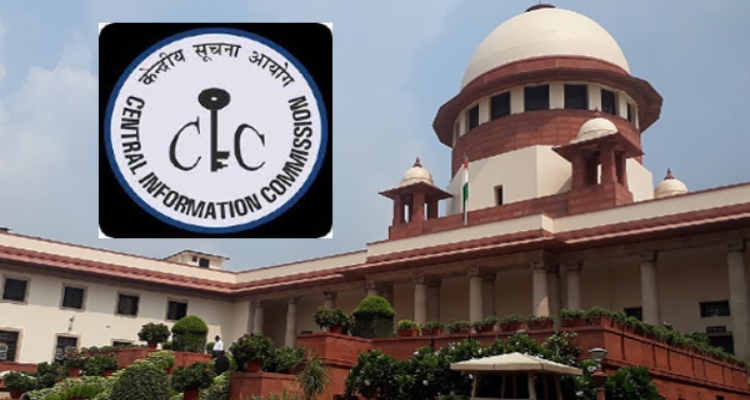
The Supreme Court has stated that the Central Information Commission (CIC) possesses the authority to constitute benches and frame regulations, highlighting that the autonomy of the CIC is crucial for its effective functioning.
A bench of Justice Vikram Nath and Justice Satish Chandra Sharma observed that the autonomy and independence of administrative bodies are essential for them to perform their designated functions effectively.
“The Chief Information Commissioner’s powers to frame regulations concerning the constitution of benches of the commission are upheld, as such powers fall within the ambit of Section 12(4) of the RTI Act,” the bench stated.
The top court stated that institutions like the Central Information Commission (CIC) are established to perform specialized tasks that require a degree of impartiality and expertise achievable only if they are free from undue interference. “While the RTI Act does not explicitly grant the CIC the authority to frame regulations, the overarching powers conferred under Section 12(4) of the RTI Act inherently include the ability to manage the commission’s affairs effectively. These regulations are essential tools for ensuring the efficient administration and operation of the commission, addressing various procedural and managerial aspects necessary for fulfilling its mandate,” the bench said.
The top court’s observations were made in a judgment overturning a 2010 verdict of the Delhi High Court. The high court, in the challenged order, had quashed the Central Information Commission (Management) Regulations, 2007, framed by the Chief Information Commissioner, and held that the CIC lacked the power to constitute benches of the commission.
However, the apex court emphasized that maintaining the independence of these bodies is crucial for preserving the integrity and efficacy of the administrative system. Interfering with their functioning could be detrimental, as it undermines their ability to operate efficiently and impartially, the court said.
The top court highlighted that the purpose of the RTI Act is to promote transparency and accountability in the functioning of public authorities, ensuring citizens’ right to information. “To achieve these objectives effectively, it is essential that the Central Information Commission operates efficiently and without undue procedural constraints,” the bench said.




